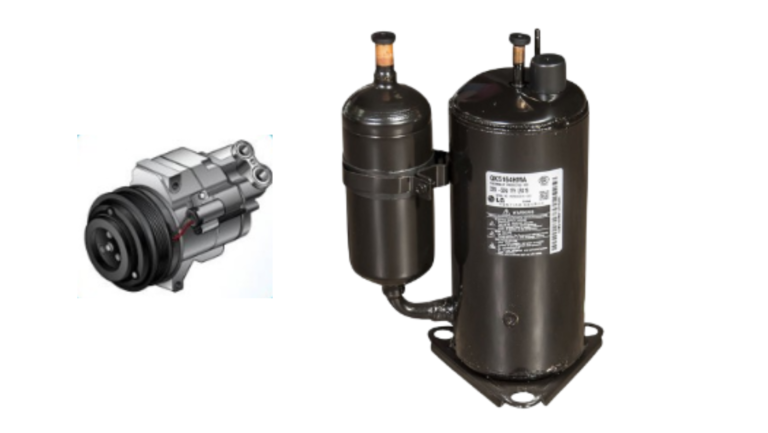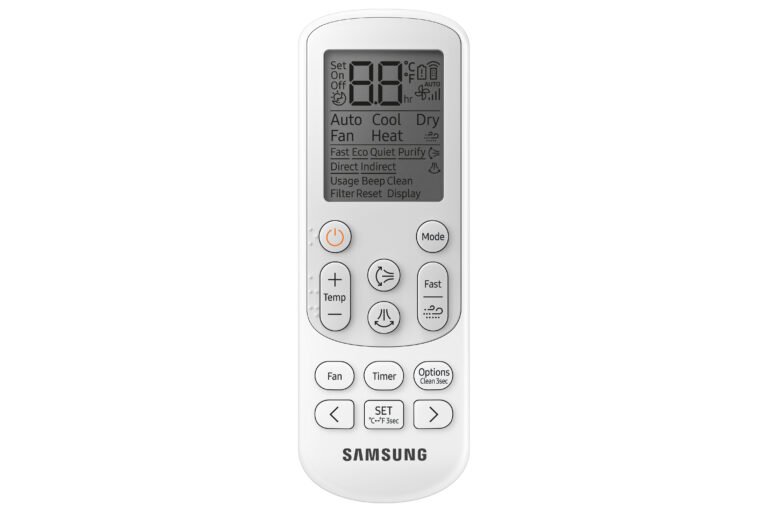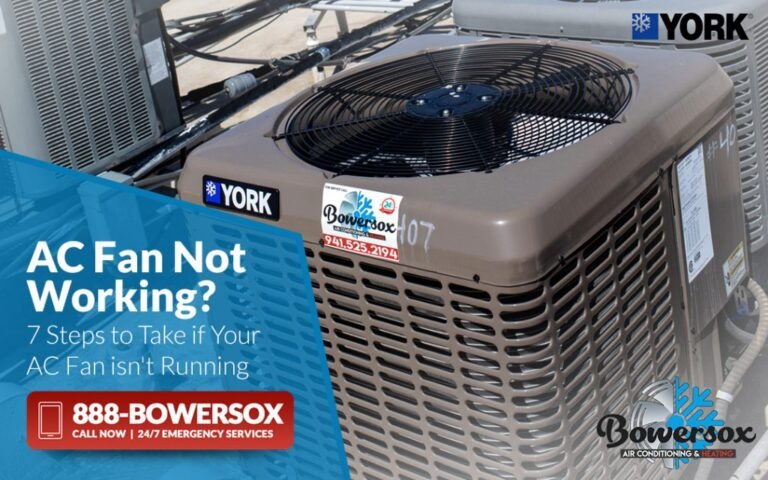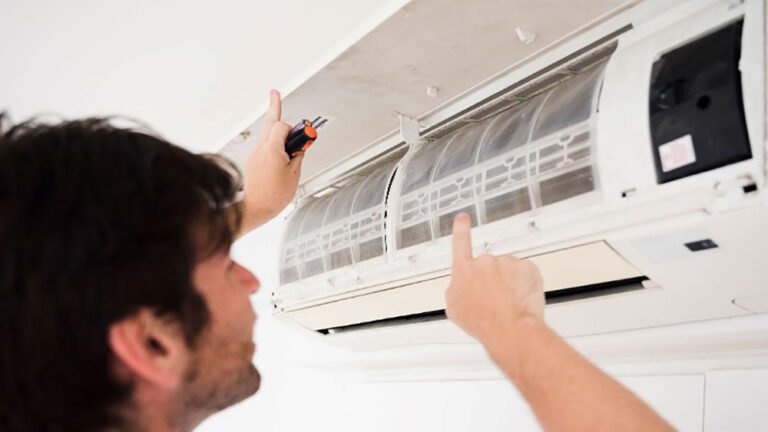New Holland Air Conditioning Problems: How to Troubleshoot and Fix
New Holland air conditioning problems can be caused by refrigerant leaks, which can decrease the efficiency of the unit and be harmful to health and the environment. These leaks can occur over time as connections degrade, from physical damage to the unit, or due to severe vibrations weakening the refrigerant lines.
It is important to address these issues promptly to ensure the proper functioning of the air conditioning system. New Holland air conditioning problems can be frustrating and inconvenient, especially during hot summer months. Whether you are experiencing a lack of cold air or noticing unusual sounds and smells coming from your unit, it is essential to identify and resolve these issues promptly.
We will discuss some common air conditioning problems specific to New Holland units, their causes, and possible solutions. By understanding these issues, you can take the necessary steps to keep your air conditioning system running smoothly and efficiently.
Common Ac Unit Problems
The most common issue with AC units is a refrigerant leak, which can significantly impact the efficiency of your air conditioner. Refrigerant leaks not only affect the performance of your unit but can also have harmful effects on your health and the environment. These leaks can occur due to various reasons such as degrading connections over time, physical damage to the unit, or severe vibrations weakening the refrigerant lines.
Another common problem is degrading connections, which can lead to air conditioning problems. Over time, the connections in your AC unit may deteriorate, resulting in a poor connection between components. This can cause disruptions in the proper functioning of the unit and impact its overall performance.
Physical damage to the AC unit is also a common issue. Accidental impacts or mishandling can cause damage to crucial components, such as the condenser or refrigerant lines. These damages can lead to air conditioning problems and hinder the unit’s ability to cool effectively.
Severe vibrations can weaken the refrigerant lines and other parts of the AC unit. These vibrations may occur due to various reasons, such as improper installation or imbalanced components. If not addressed, the vibrations can cause leaks and other air conditioning problems.

Credit: m.youtube.com
Troubleshooting Air Conditioning Issues
A common issue with air conditioning systems is a lack of cold air. Several factors can contribute to this problem:
- Dirty Filters: Check and clean or replace dirty filters that may be obstructing airflow.
- Low Refrigerant Levels: Insufficient refrigerant can prevent the air conditioner from cooling effectively.
- Broken Compressor: A broken compressor can hinder the cooling process and result in warmer air.
- Moisture or Leaks: Moisture or refrigerant leaks can affect the air conditioner’s performance.
- Unusual Sounds: Strange noises coming from the system may indicate a problem with the air conditioning unit.
- Unusual Smells: Foul odors can be a sign of mold or other issues within the air conditioning system.
- High Humidity Levels: Excessive humidity can make it difficult for the air conditioner to cool the air effectively.
It is important to address these issues promptly to ensure optimal performance and energy efficiency of your air conditioning system.
Fixing Air Conditioning Problems
Cleaning Filters and Coils
If your air conditioner is not blowing cold air, one possible cause could be dirty or blocked filters. Over time, dust and debris can accumulate in the filters, restricting proper airflow. Clean or replace the filters regularly to ensure optimal performance. Additionally, cleaning the coils is essential to maintain efficiency. Dust and dirt can accumulate on the coils, hindering heat transfer. Use a soft brush or vacuum to remove any buildup on the coils.
Running AC with Just Fan
If you notice that your air conditioner is not cooling effectively, try running it with just the fan for a while. This allows any ice accumulation to melt off. It can also help identify if the issue is with the cooling system or other components.
Replacing Air Filters
Another common issue that can affect air conditioner performance is low refrigerant levels. If the AC still doesn’t blow cold air after cleaning filters and coils, it may be necessary to check the refrigerant levels. Low refrigerant can be caused by leaks or other system problems.
Cleaning Air Ducts and Vents
In some cases, the air conditioner may be running but not blowing cold air properly. This could be due to blockages or debris in the air ducts and vents. Cleaning the air ducts and vents can help improve airflow and ensure that cool air circulates effectively throughout the space.
Professional Assistance For Complex Issues
Finding Reliable HVAC Services: When it comes to New Holland air conditioning problems, it’s crucial to find reliable HVAC services. Professional assistance can help diagnose and solve even complex issues efficiently.
Importance of Regular Maintenance: Regular maintenance plays a significant role in preventing air conditioning problems. It helps identify and address any potential issues before they become major problems. Components like filters, coils, and refrigerant levels should be checked regularly to ensure optimal performance.
If you notice your air conditioner blowing hot air, moisture leaks, unusual sounds, or high humidity levels, it may indicate a problem. Sometimes, a simple fix like replacing dirty air filters or cleaning air ducts and vents can resolve the issue. However, refrigerant leaks are common problems that require professional attention.
Refrigerant leaks can impact your air conditioner’s efficiency and pose health and environmental risks. These leaks can occur due to degraded connections, physical damage, or severe vibrations. Calling a professional HVAC service is essential to address and repair these complex issues.
Frequently Asked Questions For New Holland Air Conditioning Problems
What Is The Most Common Issue With Ac?
The most common issue with AC units is a refrigerant leak. Leaks can reduce efficiency and be harmful to health and the environment. They can occur due to degraded connections, physical damage, or weak refrigerant lines caused by vibrations. Regular maintenance and checks are recommended to prevent and detect leaks.
Why Is My Air Conditioner Not Cold Anymore?
If your air conditioner is not cold anymore, check the filters and coils for dirt and debris that may be blocking airflow. Clean them and run the AC with just the fan to melt any ice accumulation. If it still doesn’t blow cold air, it could be due to low refrigerant levels.
How Do I Know What’S Wrong With My Air Conditioner?
To determine what’s wrong with your air conditioner, look out for these signs: 1. Hot air blowing may indicate a broken compressor. 2. Moisture or leaks near the system may suggest a problem. 3. Unusual sounds and smells are also red flags.
4. High humidity levels can indicate an issue. For troubleshooting, check filters, clean coils, and ensure proper airflow. If the problem persists, call a professional.
Why Is My New Air Conditioner Not Blowing Cold Air But Running?
Your new air conditioner may not be blowing cold air because of dirty filters or blocked air ducts. Replace the filters and clean the air ducts to improve airflow. Additionally, check for any refrigerant leaks or low levels. Dirty filters and blockages can cause the AC unit to work harder and reduce cooling efficiency.
Why Is My Air Conditioner Not Blowing Cold Air Anymore?
If your AC isn’t blowing cold air, it could be due to low refrigerant levels or blocked filters and coils.
How Do I Know If My Air Conditioner Has A Refrigerant Leak?
You may experience reduced cooling efficiency and notice hissing sounds or oil stains around your unit.
What Are The Common Causes Of Air Conditioner Problems?
Dirty filters, faulty thermostats, low refrigerant levels, and clogged condenser coils are common culprits.
How Can I Fix My Air Conditioner If It’S Blowing Hot Air?
One possibility is a broken compressor. Another could be the presence of moisture or leaks near the system.
Conclusion
The most common issue with air conditioners is a refrigerant leak, which can decrease the efficiency of your unit and have detrimental effects on your health and the environment. To ensure your air conditioner is functioning optimally, regularly check and clean the filters and coils, as dirt and debris can impede airflow.
If the AC still doesn’t blow cold air, it may be due to low refrigerant levels. Additionally, replace dirty air filters and clean air ducts and vents to ensure proper circulation of cool air. Don’t let air conditioning problems spoil your comfort; address them promptly to enjoy a cool and refreshing atmosphere.







